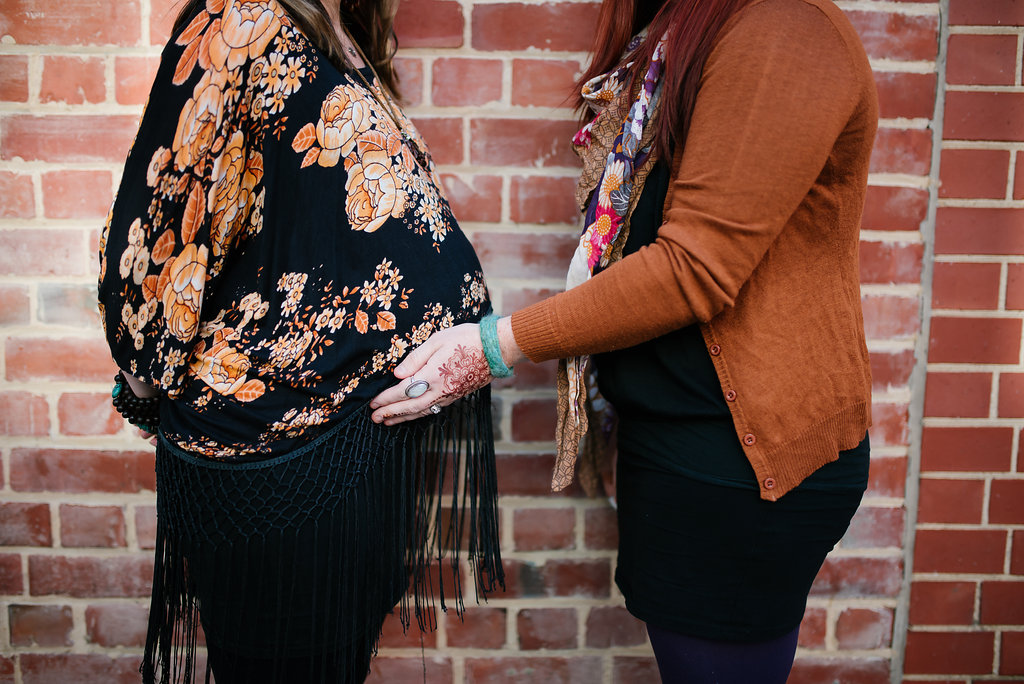Moral injury has been a ‘hot topic’ of late, specifically with momentum to replace the term ‘burnout’ as it could be perceived as victim blaming/shaming. I’d like to offer an alternative perspective that actually both terms are both still important, valid, necessary and not synonymous as they represent very different things and differing circumstances. It’s important to know the difference in order to protect yourself but also because the way we use language matters.
Moral injury is the internalized guilt and shame inflicted on someone (often in medical or support based services) who has had to act again their moral compass (often against their patients wishes or without even asking) and in many cases inflicting physical or emotional harm on someone they are supposed to be helping (or as a result of helping). These acts occur because of the professionals fear of persecution, fear of losing their job or for blame of an adverse reaction to something they did. Medical professionals in the system are likely to experience moral injury due to the rigid expectations placed upon them and they must tow the line of the overarching policies and processes even at the expense of those they are serving in order to protect themselves. It’s very dog eat dog- or pay the severe life altering consequences. Patience and clients are secondary to the policies.
“Perpetrating, failing to prevent, bearing witness to or learning about acts that transgress deeply held moral beliefs and expectations… a deep soul wound that pierces a person’s identity, sense of morality and relationship to society”- theconversation.com
This need to choose between their job/employers/policy makers and their clients inflicts a massive amount of hurt within the professional and can contribute to internalised misogyny and cognitive dissonance in order to cope with their actions.
These professionals (along with their patients) are victims of a broken system no question! But they can experience burn out in addition to moral injury, they are not synonymous. While many carry moral injury, they are at risk of burning out as well
“Anyone can become exhausted. What is so poignant about burnout is that it mainly strikes people who are highly committed to their work: You can only “burn out” if you have been “alight” in the first place.”- mindtools.com
The term ‘burn-out’ (in the mainstream) has (until now) been used to define both the injury caused by systematic disrepair as well as the consequences of someone’s own actions and inability to prioritise self care. What I would like to be clear about here is that yes the system is broken, yes many health professionals and patience are victims of this broken system BUT using the term burn-out is not victim blaming! Burn out is still valid just different (and can be in addition to) moral injury and PTSD. Thus, it is still important for everyone to remain aware of the impacts of this broken system, but also, to be completely and utterly radically responsible for their own boundaries, needs, and self care in order to prevent at least burnout and also possibly reduce the impacts of moral injury.
One of the main preventative measures for burn out that Christina Maslach (who has been studying burn out since the 70’s) wrote about is that of control. When we are able to reinstate some control and responsibility into our lives (such as boundaries and non negotiable self care practices) we are able to reduce our risk of burning out. We cannot single handedly fix this broken system, but we can prioritise our own needs first.
“You cannot give what you do not have” – unknown
Interestingly, given what we know about moral injury and burn out, it could be safe to surmise that Doulas would be less likely to experience moral injury. The reason for this would be that we are not regulated and therefore do not prescribe to any external overarching policies by a regulating body or insurance company. While there is an expectation to work professionally, ethically and within a scope of practice (keeping in mind that our individual work has the potential to impact the entire profession), and there is still the potential to experience vicarious or secondary trauma, we answer only to clients (and ourselves). We do not have to go against their wishes for any reason or for fear of losing our job (unless it is the law). At no point is a doula expected to do anything unless their client has explicitly given consent or asked, and even then we are not medical professionals so we are purely there for emotional and physical support and offering resources and information. We don’t even give our own opinions.
There is great responsibility on a doula to take responsibility for their own social, emotional, mental and spiritual well being so self and community care are imperative to prevent burn out. Any experienced doula can tell you the turn over rate for doulas has been enormous because of the overwhelm felt and the inability to erect and instil solid boundaries and sustainable practices to be able to thrive and succeed (emotionally and monetarily) in their doula business. But fortunately, while we remain unregulated, we remove ourselves from the risk of moral injury that has swallowed our medically based brothers and sisters. Another reason why I do not support the regulation of doulas. We must remain autonomous; for ourselves, for our profession but also for our clients who we can put at the forefront and centre of our care!


